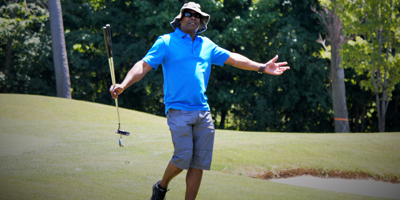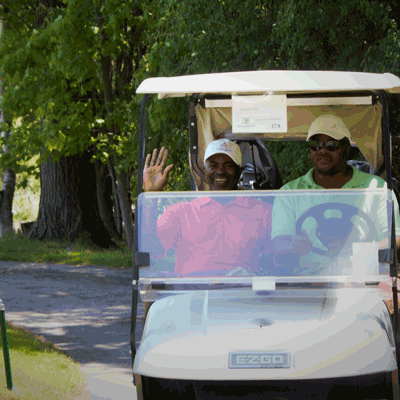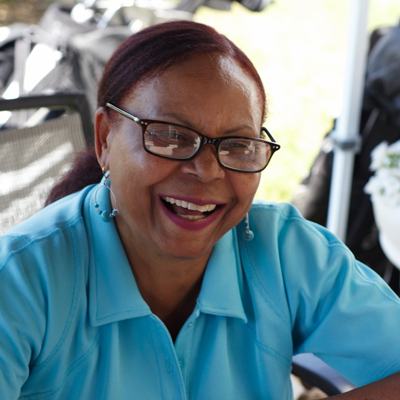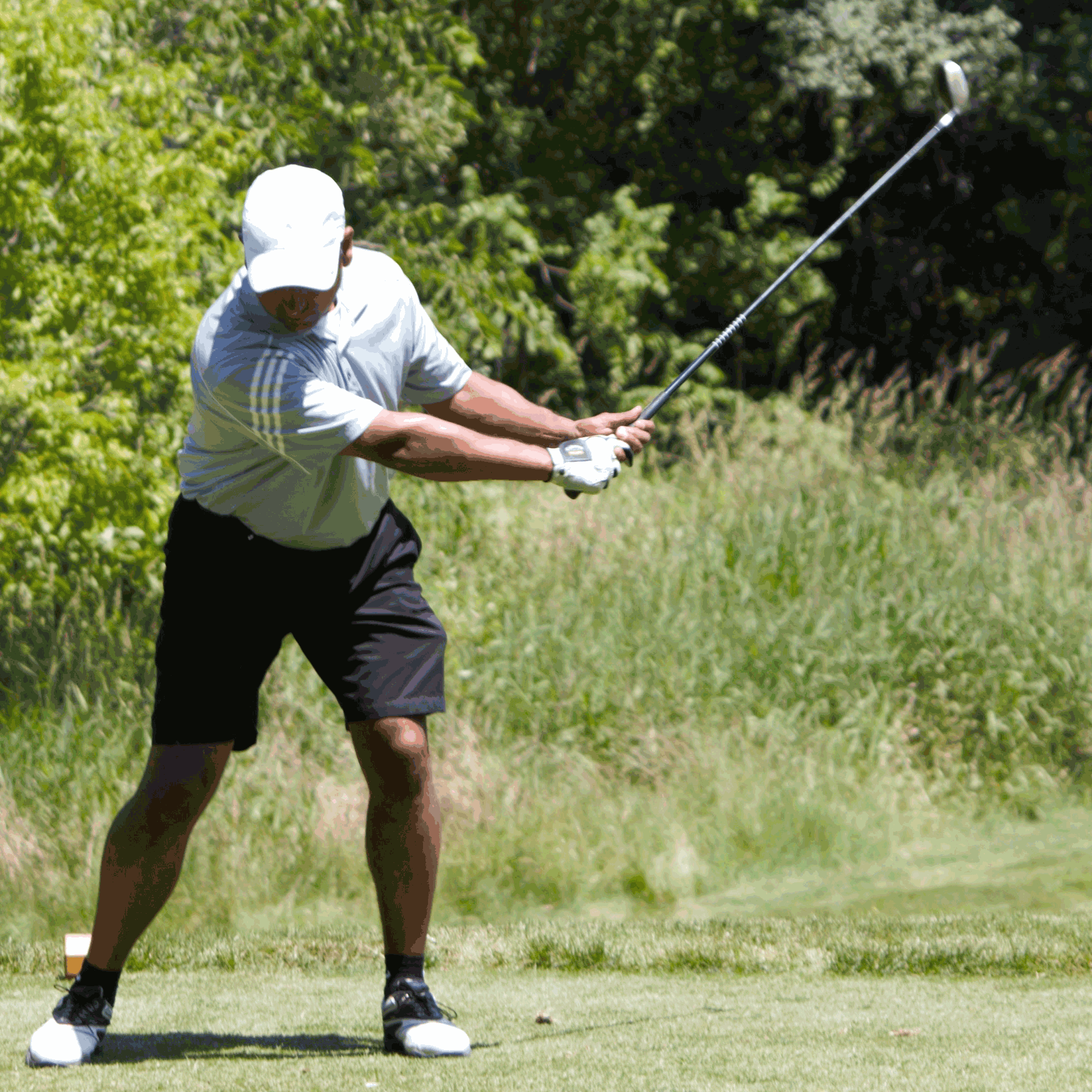|
- Orville “o'gee” Green The average high school generation is about five years, so the Calabar that I knew was different, in many ways, from the Calabar known to the boys who attended prior to 1952 or after 1957—although some aspects remained the same across several generations. Calabar was not founded as a school for the privileged, but it was certainly for me, at least, a privilege to attend Calabar. Surprisingly, when I entered Calabar it was the only school on the island to have its own swimming pool--except forImmaculateConceptionHigh Schoolfor girls, which occupied the former Constant Spring Hotel--and for several years our swim team was among the inter-schools champions. During my first year, the school was moved to theRed Hills Roadlocation in the second term. It was a big disappointment to us boys who had to spend all the designated swimming periods excavating the ground for the new pool, which was eventually completed early the next year. Fun was a staple of the Calabar diet. In addition to the motto in the school crest, there is a second, somewhat informal motto: “When you play, play hard; when you work, don’t play at all!” Well, the reality for the boys was that when we played, we played hard, and when we worked, we didn’t play quite as hard. Wittiness was rampant…especially with regard to nicknames. Calabar boys elevated nicknaming to an artful science. For example, there was a substantial interest in the size and shape of heads: Short Buff, Long Buff, Biggy Buff, Prehistoric (Pre for short), Mug Head, Muscle Head, Bullet Head, Big Head, Chisel Head, Fat Head, and Saddle Head. Then there were names that were descriptive of other attributes: Chimp, Bull, Button Nose, Cheeky, Zippy (a sprinter), Firefoot (a knock-kneed sprinter), Pa-ter (who had ascended to the ranks of fatherhood), Midnight, Bag-a-Rice, and Bag-a-Flour (two ‘stout’ brothers from a grocery shop). [Fortunately for me, the name “Mackerel” that I suffered briefly in elementary school--because of my size--didn’t follow me to Calabar.] Of course, teachers were not immune to being nicknamed. Among them were: Banana Hog, Toto Nose, Pregnant Razzer, Bengue, Dopey, Fodgey, Grantus, Buddy Head, Cyaweh, Lab Ghost, Daisy (male), Sleepy, and Congru. However, in true Calabar gentility, the female staff was spared the ignominy of being nicknamed. Staff humour also was a source of amusement. Some was, naturally, intentional: - Dopey (Mr. Murray-White), commenting on one boy’s expressed desire to be promoted from Fifth Form to Sixth Form: “You, Wilson? (shaking his head in disbelief). There’s no limit to human optimism, is there? - Grantus (Mr. Grant), with reference to the practice of printing in the Sunday Gleaner, the names of successful candidates in theCambridge exams: “If you continue in the way you’re going, your names will appear in the Gleaner in white ink.” On the other hand, some unintentional staff humour was fodder for ridicule: - Fodgey (Mr. Foster), having lost control of the classroom): “I’m going to report to the headmaster that two-thirds of the class is trying to do serious work, and the other half is wasting time.” (He taught History and English, not Math.) Calabar was a cosmopolitan community In addition to our Jamaican teachers, there were others fromEngland,Trinidad,Guyana, andVenezuela. Our local teachers included a Rhodes Scholar (an old boy), a celebrated novelist, and a nationally acclaimed music director (another Old Boy). Spirituality Daily chapel service was a compulsory school activity. There we learned the importance of incorporating the spiritual codes into our daily lives. Yet, there was frequent unspiritual behavior in chapel, especially during prayers, when the staff’s and prefects’ eyes were thought to be closed— but, of course, boys will be boys! The chapel service was also the place where the singing of the School Song sparked the feelings of fraternity and loyalty that bound us to our comrades and the school. The Arts While Calabar celebrated its successes in academics, athletics, football, cricket and swimming, the arts were also strongly encouraged, as evidenced by our frequent, critically acclaimed performances in the annual Schools Drama Festival, for example. Art and music were also important subjects in the curriculum and provided opportunities for participating in other inter-schools competitions and festivals. “Speedy” One privilege that I recall with special warmth, occurred outside the school’s curriculum or programs. Like many schools, Calabar was served by an entrepreneurial vendor of items such as chewing gum, sweet biscuits, peanuts, guava cheese, etc., that were not available in the Tuck Shop. Our guy’s name was Speedy. On weekday afternoons and Saturdays, Speedy conducted his business outside the Carib Theatre. One Saturday afternoon, I was standing in line for the 4:30 matinee when Speedy came along and, before I could place my order, he slipped a pack of Wrigley’s Spearmint gum into my breast pocket, and continued along the line. His voluntary act was his way of trying to help me, as a Calabarian, to impress my date; he was sending her the message that I was substantial enough to have a charge account with him (which he knew I would settle on Monday). I don’t remember now if Speedy’s intervention advanced my romantic intentions in any way, but I certainly felt privileged by it. Friendships Then there were the friendships, many of which have lasted “lo these many years.” Some of my close friends today are guys I met at Calabar between 1952 and 1957. And it’s that kind of bonding that makes an organization like the Toronto Chapter of the Calabar Old Boys Association not only desirable, but important as well. Important from a social perspective, yes, but more so as a nexus for marshalling assistance to Calabar, as the school continues to serve up quality education to boys, within the context of a Christian mindset. And, we all know how much Jamaica needs that today! |









